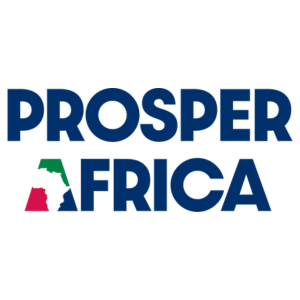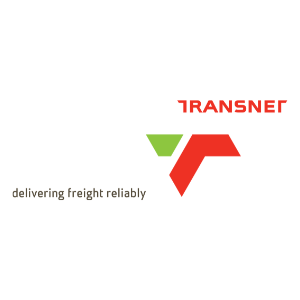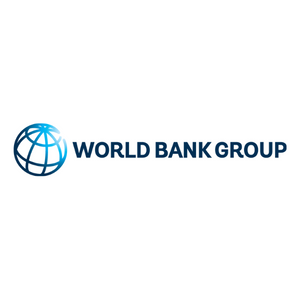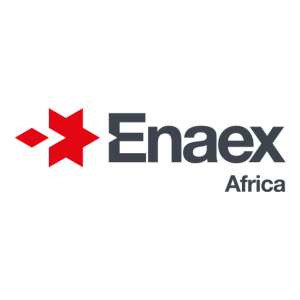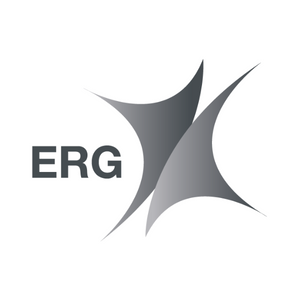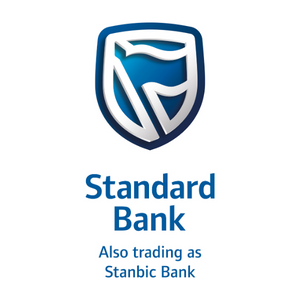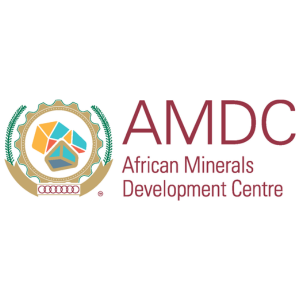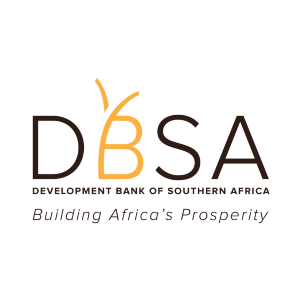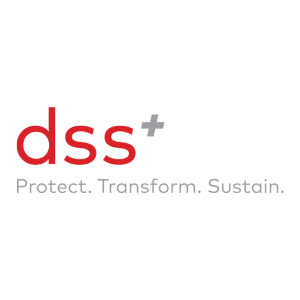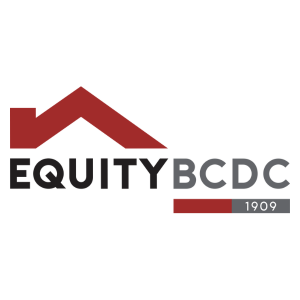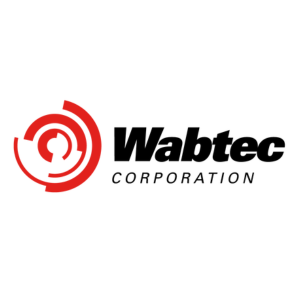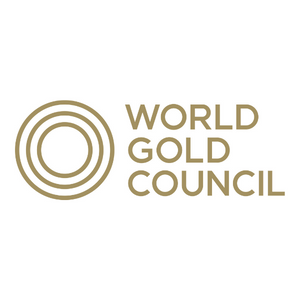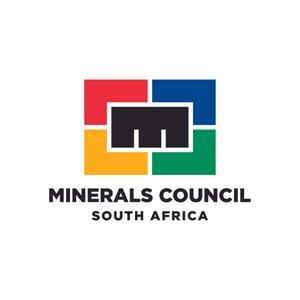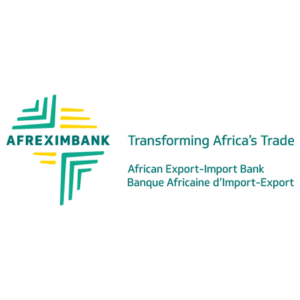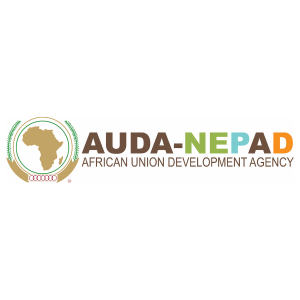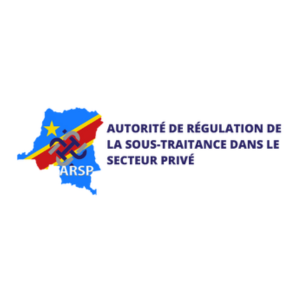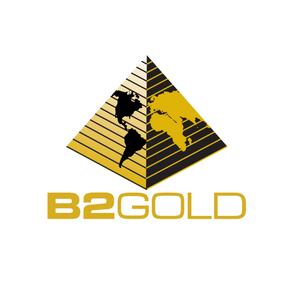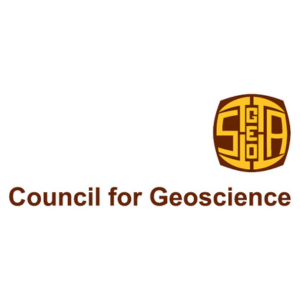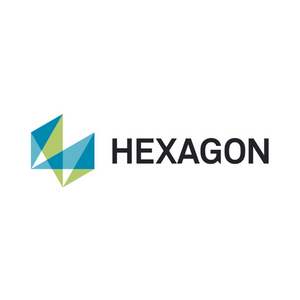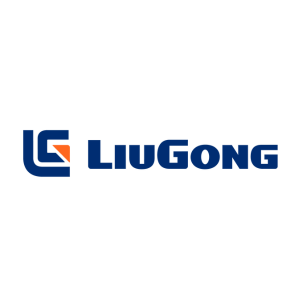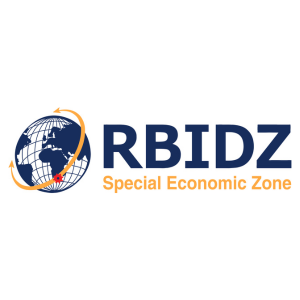Part of the Mining Matters series from Africa Legal
Environmental problems are rife in large-scale and artisanal small-scale mining areas in Zimbabwe writes Tafadzwa Masukume, an associate with Manokore Attorneys in Harare.
The focus on sustainable development, in the context of environmental law and protection, has sparked the need to promote sustainability reporting and disclosure by mining project developers on ESG issues.
These issues are essential for promoting transparency and accountability within the extractive sector, especially as Zimbabwe has not accelerated adoption and implementation of the Extractive Industries Transparency Initiative (EITI). On a more global scale, reports have indicated that the metals and mining sector is increasingly exposed to ESG risks, including concerns around emissions, water use, deforestation and community relations.
The definition of ESG can be narrowed to encompass the following related issues:
We are seeing these assessments extending to cover a wide range of questions about cost efficiencies and advantages arising from improved environmental, labour, health and safety, community, ethical practices and corporate governance.
The reason for this development is that, in a world where environmental protection has become a global concern, ESG compliance provides value drivers that appeal to both mining entities and investors. Some of these value drivers include: increased capital access, easing risk management, cost savings through green energy systems, promoting innovation in productivity and brand enhancement.
International policies such as the Carbon Disclosure Project, the EDFI Principles for Responsible Financing (2009) and the United Nations Principles for Responsible Investment also require companies to report to investors on key ESG issues in line with most of the above value drivers.
If Zimbabwe’s mining and extractive industries sector is to attract the right amount of quality global investment, then there is no better time than now for local entities to start adopting international best practice standards as the rules-of-play in their mining business.
Undoubtedly, there is a need for transparency and accountability in the Zimbabwean extractive sector to hold the private sector players accountable for their actions. The problem with lack of transparency is not always about lack of information, but sometimes it is the capacity to interpret information. There is, therefore, a need to undertake capacity building of government, parliament and other stakeholders to understand and adopt best international standards for Sustainable Reporting and to invest in ESG programmes for the mining sector.
Both large-scale, artisanal and small-scale mining entities must be brought up to speed with reporting standards that give investor confidence in the mining industry. This is critical, bearing in mind the US$12 billion target that Zimbabwe’s Minister of Mines and Mining Development has pencilled as an achievable target by 2023.
Boston College Centre for Corporate Citizenship and the consulting company McKinsey & Company have argued that there are clear financial reasons for companies to invest in ESG improvements, indicating that ESG programmes can generate substantial direct financial returns. This study quotes investors and corporate managers as thinking that ESG improvement programmes have substantive impact on total quantifiable shareholder value.
Global mining houses recognise that financial returns are equally as important as corporate social responsibility, particularly around organisational reputation. It is imperative therefore that investment prospects in Zimbabwe are viewed in this matrix, combining the feasibility of mining operations, with sovereign/political risk, ESG issues and the ease of doing business reforms being undertaken in the country.
While the extent to which the environmental regulation and policy framework in Zimbabwe enforces the standard environmental and social impact assessments (ESIA) reporting prior to commencement of mining projects is appreciated, there is need to enhance the current legislative and policy framework to mirror internationally accepted ESG standards.
Both mining sector players and regulators must be able to come to terms with the intricate relationship between mining processes – mine development, mining and mineral processing, marketing, mining taxation, mining cost structures, value chains, profit-shifting mechanisms, governance and sustainable development – and ESG reporting.
Zimbabwe is on a concerted drive to attract foreign direct investment in a bid to turn around the economy, and mining continues to be a key sector focus for investors as the prospects are high. As issues around ESG are increasingly taking centre stage globally in investment decisions, Zimbabwe will serve to make itself a more attractive investment destination by prioritising them.
Africa Legal partner with Mining Indaba on the General Counsel Forum which was successfully launched at the recent February 2020 edition of Investing In African Mining Indaba.
The focus on sustainable development, in the context of environmental law and protection, has sparked the need to promote sustainability reporting and disclosure by mining project developers on ESG issues.
These issues are essential for promoting transparency and accountability within the extractive sector, especially as Zimbabwe has not accelerated adoption and implementation of the Extractive Industries Transparency Initiative (EITI). On a more global scale, reports have indicated that the metals and mining sector is increasingly exposed to ESG risks, including concerns around emissions, water use, deforestation and community relations.
The definition of ESG can be narrowed to encompass the following related issues:
- Environment: climate change and biodiversity, waste, water and resource use and pollution
- Social: Human rights, labour practices, safety and health, community and diversity
- Government: corporate governance and ethics, compliance, approach to taxation
We are seeing these assessments extending to cover a wide range of questions about cost efficiencies and advantages arising from improved environmental, labour, health and safety, community, ethical practices and corporate governance.
The reason for this development is that, in a world where environmental protection has become a global concern, ESG compliance provides value drivers that appeal to both mining entities and investors. Some of these value drivers include: increased capital access, easing risk management, cost savings through green energy systems, promoting innovation in productivity and brand enhancement.
International policies such as the Carbon Disclosure Project, the EDFI Principles for Responsible Financing (2009) and the United Nations Principles for Responsible Investment also require companies to report to investors on key ESG issues in line with most of the above value drivers.
If Zimbabwe’s mining and extractive industries sector is to attract the right amount of quality global investment, then there is no better time than now for local entities to start adopting international best practice standards as the rules-of-play in their mining business.
Undoubtedly, there is a need for transparency and accountability in the Zimbabwean extractive sector to hold the private sector players accountable for their actions. The problem with lack of transparency is not always about lack of information, but sometimes it is the capacity to interpret information. There is, therefore, a need to undertake capacity building of government, parliament and other stakeholders to understand and adopt best international standards for Sustainable Reporting and to invest in ESG programmes for the mining sector.
Both large-scale, artisanal and small-scale mining entities must be brought up to speed with reporting standards that give investor confidence in the mining industry. This is critical, bearing in mind the US$12 billion target that Zimbabwe’s Minister of Mines and Mining Development has pencilled as an achievable target by 2023.
Boston College Centre for Corporate Citizenship and the consulting company McKinsey & Company have argued that there are clear financial reasons for companies to invest in ESG improvements, indicating that ESG programmes can generate substantial direct financial returns. This study quotes investors and corporate managers as thinking that ESG improvement programmes have substantive impact on total quantifiable shareholder value.
Global mining houses recognise that financial returns are equally as important as corporate social responsibility, particularly around organisational reputation. It is imperative therefore that investment prospects in Zimbabwe are viewed in this matrix, combining the feasibility of mining operations, with sovereign/political risk, ESG issues and the ease of doing business reforms being undertaken in the country.
While the extent to which the environmental regulation and policy framework in Zimbabwe enforces the standard environmental and social impact assessments (ESIA) reporting prior to commencement of mining projects is appreciated, there is need to enhance the current legislative and policy framework to mirror internationally accepted ESG standards.
Both mining sector players and regulators must be able to come to terms with the intricate relationship between mining processes – mine development, mining and mineral processing, marketing, mining taxation, mining cost structures, value chains, profit-shifting mechanisms, governance and sustainable development – and ESG reporting.
Zimbabwe is on a concerted drive to attract foreign direct investment in a bid to turn around the economy, and mining continues to be a key sector focus for investors as the prospects are high. As issues around ESG are increasingly taking centre stage globally in investment decisions, Zimbabwe will serve to make itself a more attractive investment destination by prioritising them.
Africa Legal partner with Mining Indaba on the General Counsel Forum which was successfully launched at the recent February 2020 edition of Investing In African Mining Indaba.
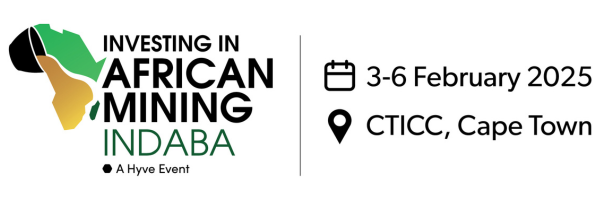



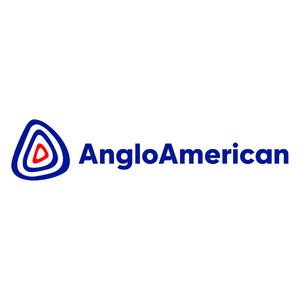
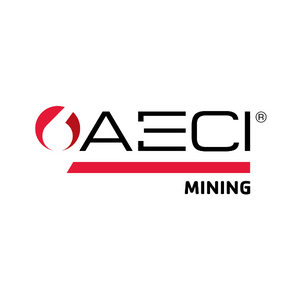
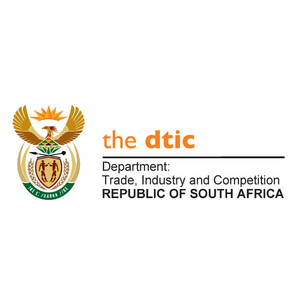

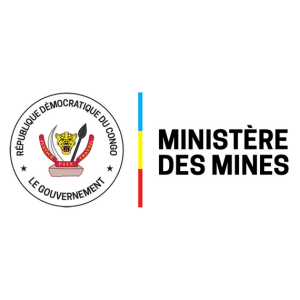
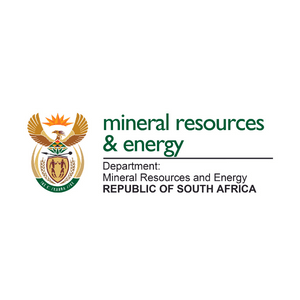
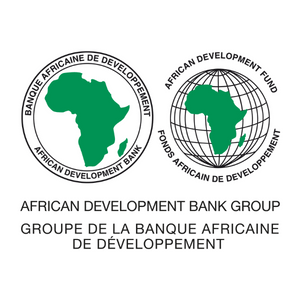
-min.png?ext=.png)

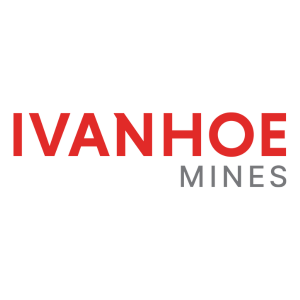
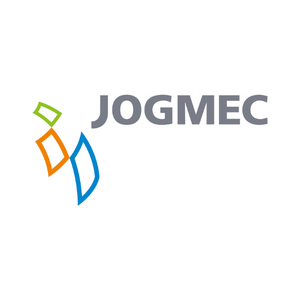

_1.png?ext=.png)

